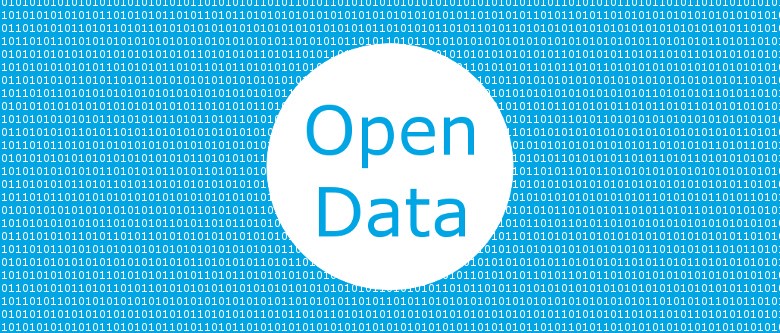“Open data” is the term commonly used to indicate data freely accessible to everybody whose possible restrictions are the obligation to cite the source or to keep the database accessible to all users. It recalls the more general concept of citizen’s democratic participation in government, the transparency of government activities, the democratic control of government actions. The concepts expressed make it possible to establish a political system that is antithetical to authoritarianism, the abuse of authority and the management of power that excludes the citizen from decision-making bodies.
When the data are accessible to the public they are also subject to their scrutiny, citizens can therefore also examine and criticize them, both in a positive and negative sense. This criticism allows to increase the quality of the data because it is subject to a horizontal control mechanism. “Open data” therefore has not only a political value, but also a technical one. Ultimately, access to data improves the quality of data and improves the quality of their use.
In the rational expressed here and in order to contribute, a work has been developed that allows access to global data on the phenomenon of Covid-19. The work focused on translating the data provided by the Johns Hopkins University into a format that can be read by all users with a minimum of school preparation who can read diagrams and statistical tables.
The work is open to anyone wishing to contribute either with specific technical or general intellectual skills.
The available resources are as follows:
Access to Covid-19 data for each individual country in the world, the interface allows the choice of four languages: English, French, Portuguese, Italian. And, of course, the choice of the country. http://oreste.parlatano.org/corona/dashboard/
Access to readable translation code of data from Johns Hopkins University. https://github.com/oresteafrica/corona
Instruction page on the Android app for viewing the data of each individual country. http://oreste.parlatano.org/wp/?page_id=433

